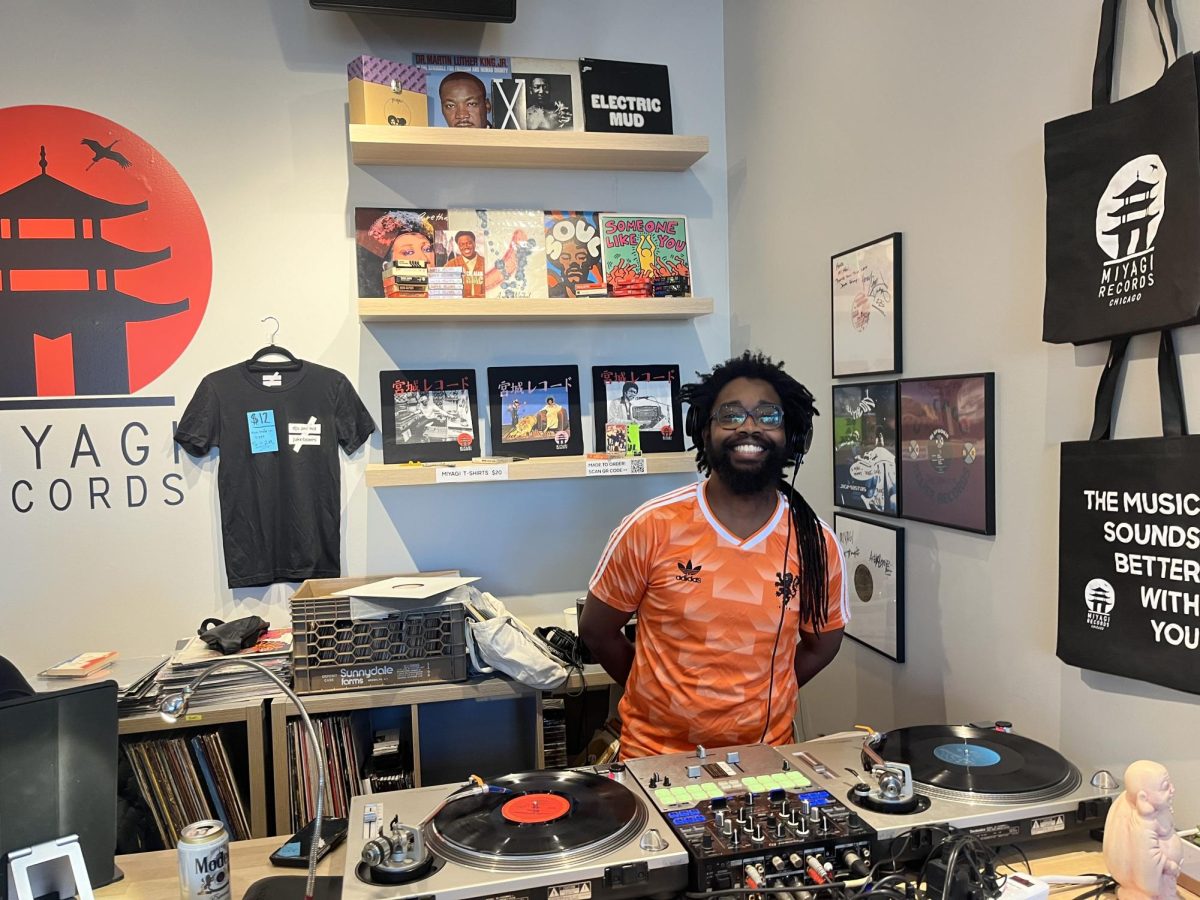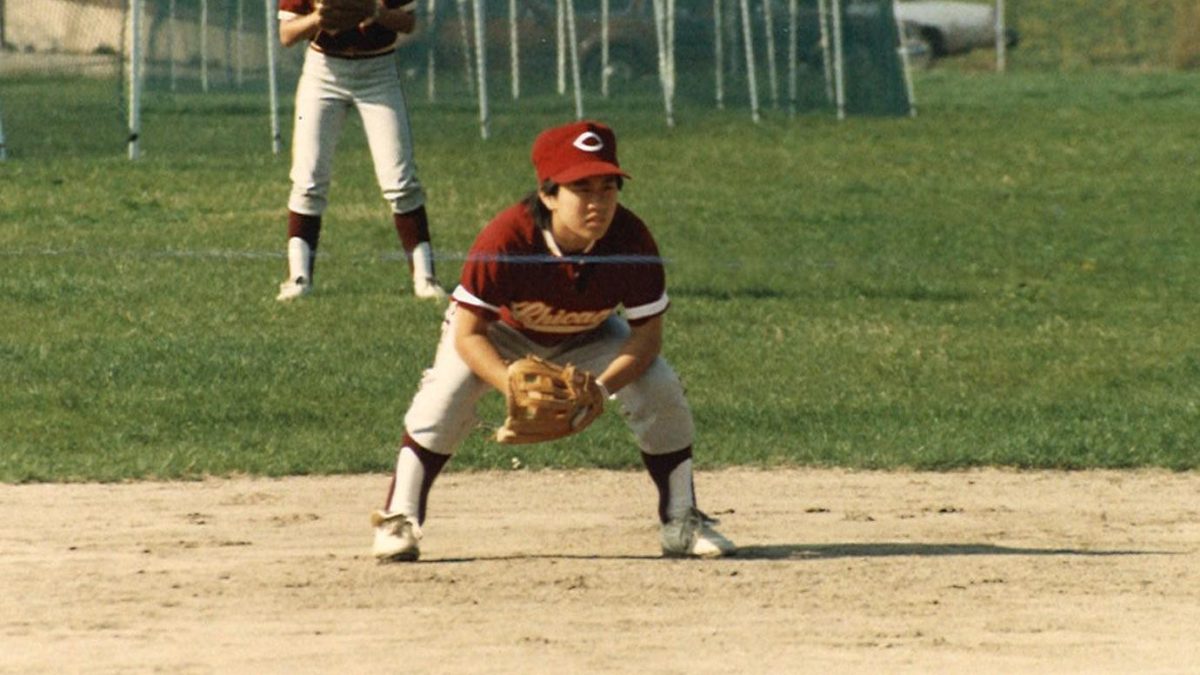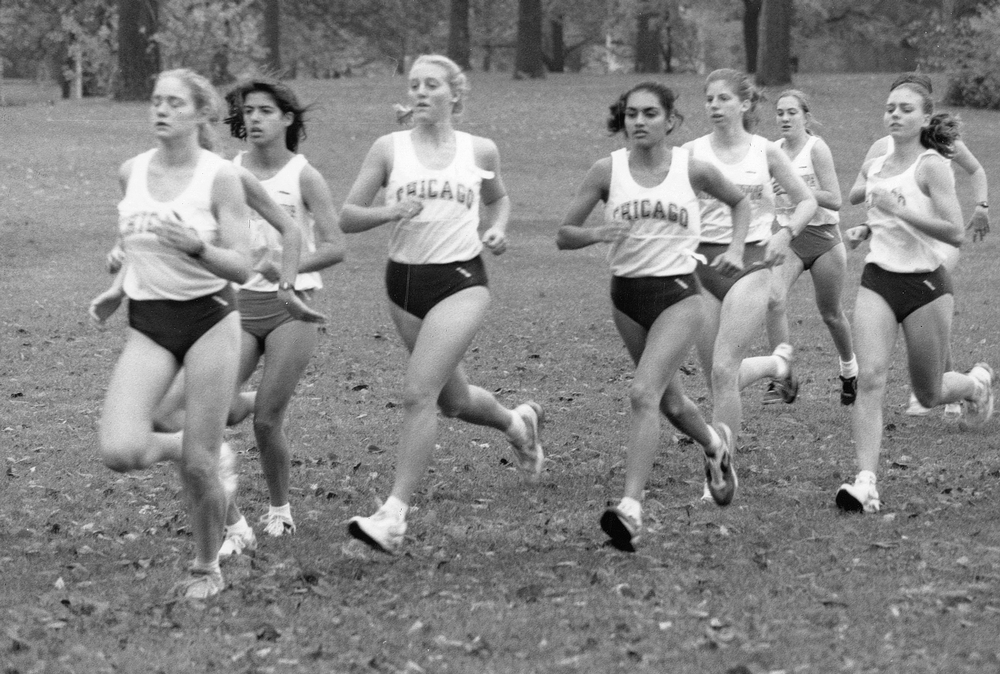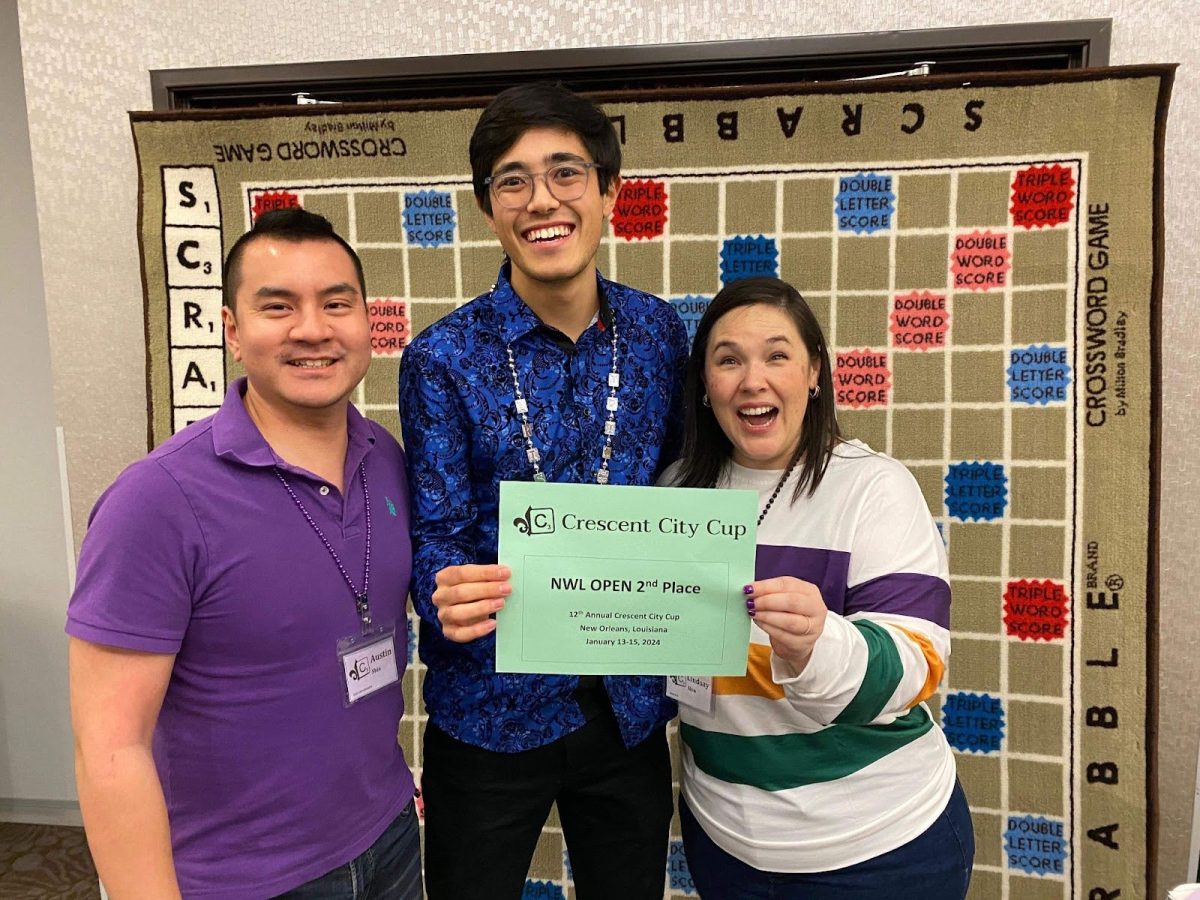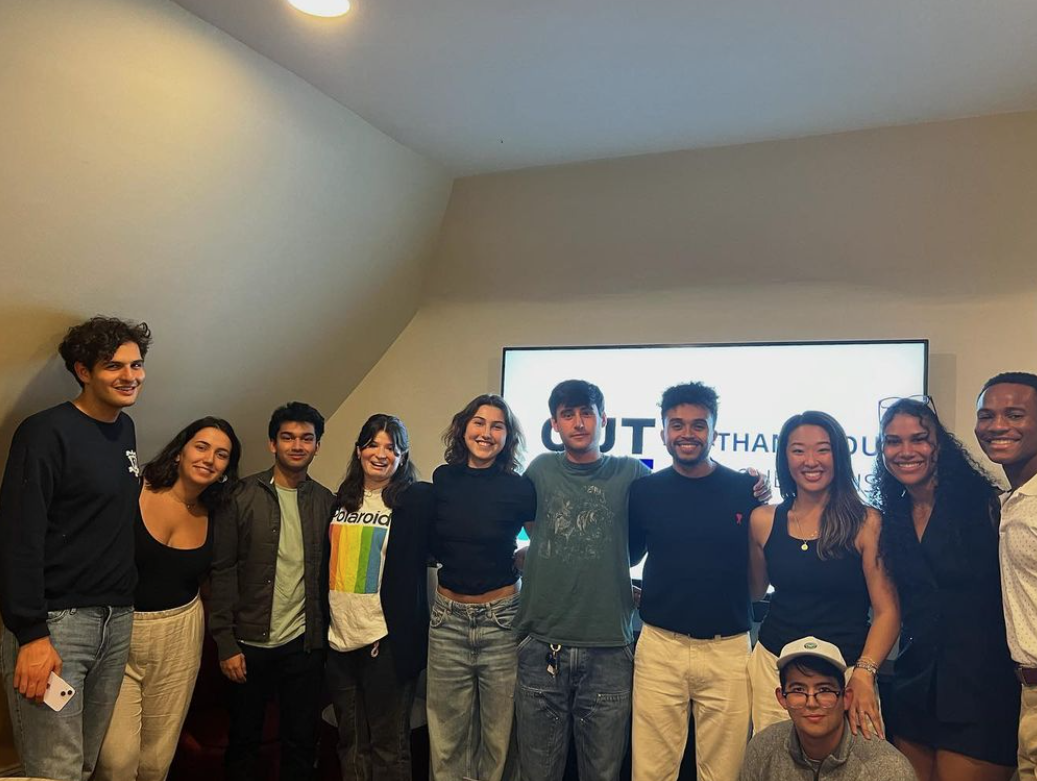If my columns have piqued your interest and you want to give hunting a try, then this is the column you have been waiting for. Most people who hunt grow up with a Dad who teaches them how to shoot and track and that sort of thing. If you’re like me, and you weren’t lucky enough to grow up in this tradition, you can still enjoy hunting, but it takes more initiative. There are a lot of skills to master and a lot of administrative hoops to jump through. To be quite blunt, you can’t do it alone. You need a mentor who can teach you these things, or you need a lot of money to hire shooting coaches, hunting guides, and the like.
The good news is that most hunters are more than willing to share their experiences. I was very lucky to find my hunting buddy, Joe; he taught me how to work a field for pheasants, how to gut a bird, how to track critters. He also convinced me to show up, or stay out a bit longer, at times when I wasn’t feeling motivated.
You need to ask around among your friends, family, and neighbors to find someone like that. Be sure to pick someone you can trust and someone who respects nature, since there are, unfortunately, some yahoos, drunks, and idiots out there, and you don’t want to learn from them. Finding someone who can teach you to hunt is hard in an urban, cosmopolitan community like Hyde Park (ask me how I know that), but it is essential: a good mentor can get you on your way and teach you to respect what you hunt.
In order to make things nice and simple, here is a checklist of things you will need to do/learn/obtain prior to hunting. This list is particular to Illinois, so it may not apply to your home state.
Buy a hunting license. You may also need additional stamps or tags, depending on where and what you hunt. To hunt ducks and geese, you need federal and state waterfowl stamps. Most sporting goods stores sell this stuff. To hunt deer with a firearm, you need a permit from the Department of Natural Resources (DNR) which specifies the state park or the county in which you can hunt. The DNR assigns these by lottery, and entries become available in June. If you hunt on private land, you need the owner’s permission in writing. If you hunt on state land, you may need additional tags, permits, parking passes, etc., so be sure to check with the local ranger’s office. If you hunt deer with a bow, you will need an archery permit. If you have any questions about this stuff, you can e-mail me care of the Maroon.
Get a firearm or bow. Please be sure to comply with all laws. For example, the University does not permit any weapons in the dorms, so you will need to arrange for off-campus storage, perhaps with a trustworthy friend or in a storage locker. Also, in Illinois, you must have a Firearm Owner’s Identification (FOI) card to own or even handle a gun. An FOI costs five bucks (a figure likely to increase under our new governor) and takes a few weeks to get. The basic idea is that the state wants to make it a bit harder for criminals to get a gun. Check out the following website for more information and an FOI application: http://www.isp.state.il.us/foid/firearms.cfm.
Choose your firearm wisely. You can only hunt with a shotgun in Illinois, no rifles. This is because the state is flat and even the rural areas are dense. Rifle bullets travel a long ways in a straight line; you don’t want to put a bullet into a farmhouse two miles away. This won’t happen with a shotgun. Be sure to get a good hunting knife, too. You’ll need it to prepare your prey for dinner.
Learn how to shoot your bow/gun. You will be much more likely to be successful if you know what you are doing. It is also more respectful to the animals. Your goal should be a clean, fast kill; you don’t want to wound an animal. Spend a lot of time practicing and try to duplicate the conditions in which you will be hunting. For example, bow-hunting season runs through January, so take practice shots with your cold-weather gear on.
Take a hunter safety class. If you are born in 1980 or later, this is mandatory. For anyone older, it is a good idea. States with hunter education programs have experienced dramatic decreases in hunting-related deaths and accidents. An educated hunter is a safer hunter and a better hunter. Check the Sunday Tribune Sports section. Courses are often listed there. In addition, there are programs like Becoming an Outdoors Woman, general firearm safety, and other such classes offered by the DNR, the NRA, and groups like Ducks Unlimited or Pheasants Forever. Dig around on the web, you’ll find all sorts of neat stuff. It’s also a great way to meet other hunters.
Lastly, you need to learn the art of storytelling. If you’re good at it, you can make a simple duck hunt sound like a life or death struggle in an ice storm with a polar bear. If you can’t find a hunter to help you with this, ask a fisherman for some pointers. The skill is basically the same.





